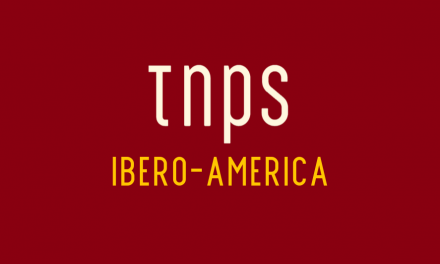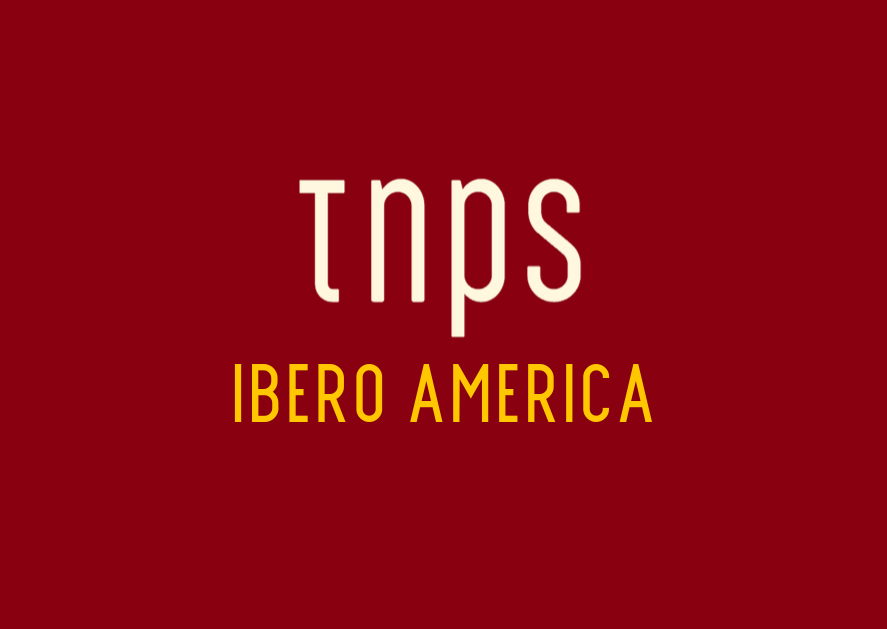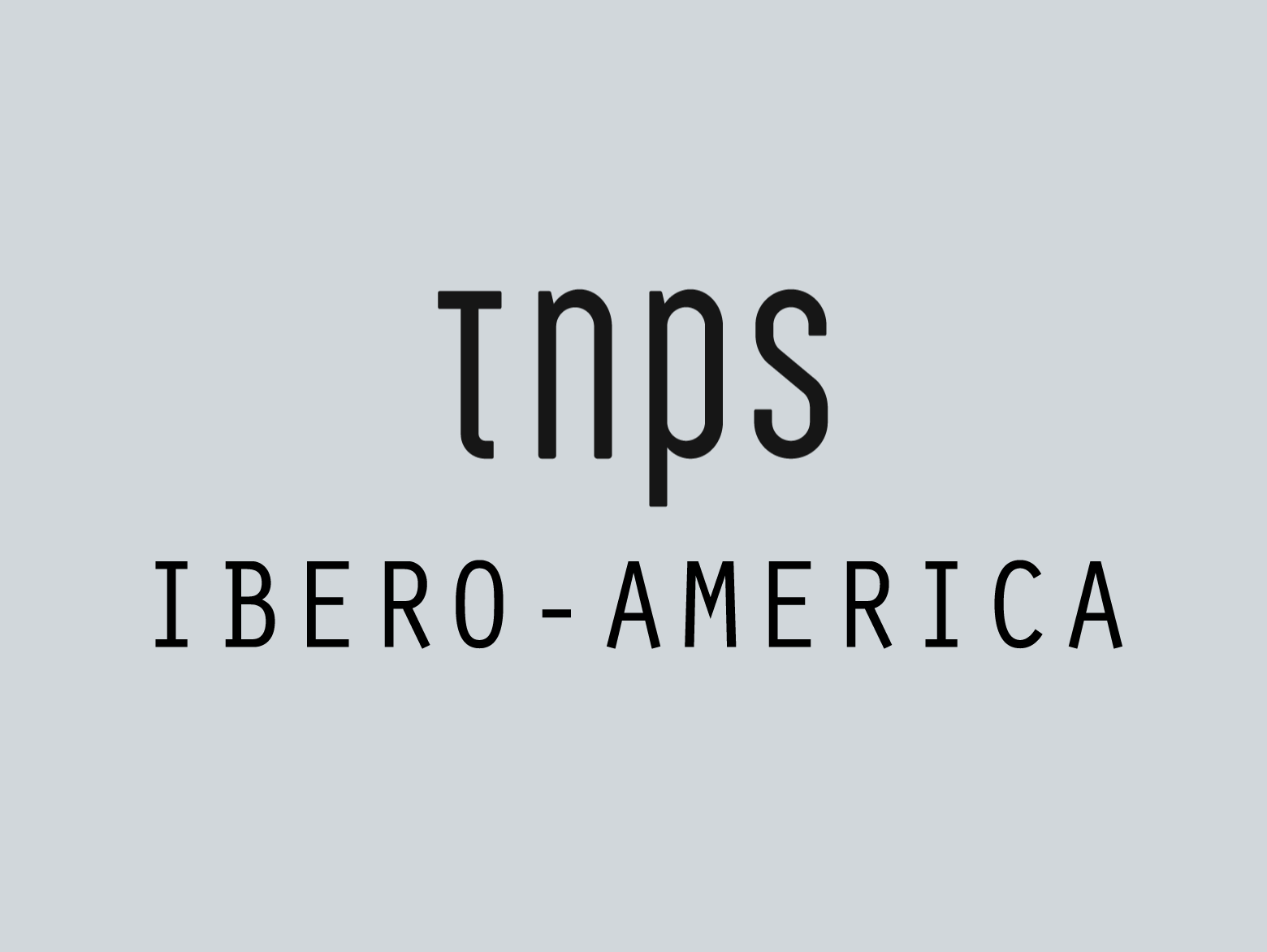Apartheid ended in the early 1990s, meaning that for younger TNPS readers, the names of Fidel Castro and Nelson Mandela may be as meaningless as Jose Marti. A reminder of the importance of publishing in keeping history alive for future generations.
The 33rd Havana International Book Fair is underway, running 13-23 February this year, and as always it is the largest cultural event on the island.
The 2025 incarnation celebrates the theme “A Whole Country in Books” to mark the 25th anniversary of the Territorial Publishing System and the 130th anniversary of the fall in combat of Cuban poet, philosopher and national hero José Martí, who died fighting for independence from Spain.
South Africa’s Participation
South Africa’s participation is themed “Papers of Resistance,” highlighting the importance of writing in various forms. The theme reflects the country’s journey from apartheid and oppression to democracy and unity (apartheid ended in the early 1990s), showcasing how paper has been central to storytelling and preserving cultural heritage.
Apartheid ended in the early 1990s, meaning that for younger TNPS readers, the names of Fidel Castro and Nelson Mandela may be as meaningless as Jose Marti. A reminder of the importance of publishing in keeping history alive for future generations.
Literary Delegation
A delegation of fifteen South African literary practitioners, including authors, poets, and literary figures, represent the country at the fair, and will participate in discussions, seminars, interviews, conversations, and lectures, per the South Africa press release.
The US embargo against Cuba, active since 1958, means US publishers have few options when it comes to embracing the Havana fair and the Cuban publishing market.
This post first appeared in the TNPS LinkdIn newsfeed.





